Coyote is a new bluffing game from publisher Heidelbär Games. It is part of the publisher’s Radiant Culture series, along with Blaze, Spicy, and Anansi, a quadrilogy of card games themed around various mythologies. Coyote is lightly themed around the story of Coyote, a trickster character common to many indigenous North American cultures. The art, from Yupik artist Zona Evon Shroyer, is gorgeous, and as compelling an argument as you’ll find for making board games more diverse. Heidelbär has opted for a lux production, printing the cards with a striking metallic finish. For a small game, this packs a lot of presentational oomph.
The idea of Coyote is simple enough. Each player is dealt one card, which they do not look at, and sets it in the provided base so that all the other players can see it. An additional card is placed face down in the middle of the table, and can only be inspected by players with Peek cards to spend. The cards number from -10 to 20, with two additional special cards. On your turn, you either say a total you believe to be less than the total value of all the cards—keeping in mind that your information will never be perfect since you can never see your own card—or you challenge the previous player.
If you believe your neighbor has bid too high, you say so. All the cards are revealed and added up. If the total is less than the bid, the challenger wins. If it matches or exceeds the bid, the bidder wins. Either way, the loser removes one of their Peek cards from the game and the winner flips one of their Peek cards face up, which means they can use it during a future round. Players are eliminated when they lose their third Peek card. The last player standing is the winner.
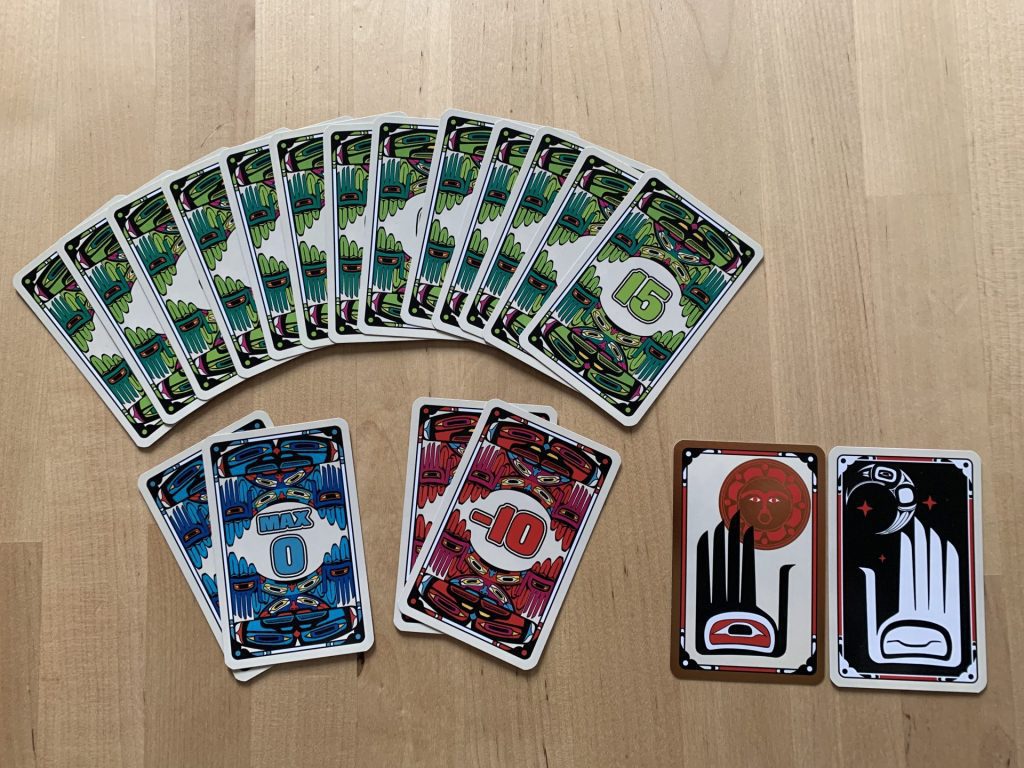
Those of you who are familiar with Skull may find yourselves thinking, “This sounds a lot like Skull,” and you would be right. If you’re not familiar, Skull is a terrific bluffing game. Players start out with four coasters, one of which has a skull on it. Each round begins with all players simultaneously setting one of their coasters facedown on their individual mats, and then taking turns either adding another coaster or saying a number. Once somebody says a number, which is how many coasters they think they’ll be able to flip over without revealing a skull, players can only raise or pass. The last bidder standing has to flip over that number of coasters. If a player successfully does so without revealing a skull twice, they win. If, on the other hand, they reveal a skull, they lose one of their coasters. The last player left in the game wins.
The brilliance of Skull is its simplicity. You are dealing with a yes/no proposition. Do you think you can avoid revealing a skull or not? No matter what stage of the bidding or revealing process you’re in, that’s the fundamental question. The rules and process vanish, so that the players and their interactions are all that’s left. The waters of Skull are crystal clear.
Coyote is muddier. People have to constantly do math. At higher player counts, it can take a minute. The value range of the cards is enough that one unknown has a significant impact on the possible answers. Taking the two special cards into account, my card—which to reiterate can never be known to me—could swing the total by any amount between -20 and 20. That’s a wide gap. I’ve never before played a bluffing game that was subject to analysis paralysis, and I didn’t enjoy it. Because you’re calling someone out for going too high, the bidding is a slow, torturous climb. Big leaps are rare, and the point where you decide to call someone out is arbitrary.
I have other minor points of contention. Skull eliminates players, but the game speeds up significantly as they leave, and the gameplay itself is in no way taxing, so conversation easily and readily continues apace throughout. Coyote eliminates people, but the game does not speed up with their exit, and the math at higher player counts is involved enough that eliminated players end up poking around on their phones for 20-30 minutes. This brings me to my other quibble: play times are often artificially deflated, but I expect a small card game to take exactly as long if not less time than it says on the box, and Coyote easily doubles its announced runtime of 15 minutes. I cut a six player game short once when it had already taken something like 40 minutes to get one player eliminated.
Coyote and Skull have been having a conversation in my head for the last couple of months, and it just occurred to me that I can’t recall a single, actual bluff—an intentional misrepresentation of facts to manipulate someone else’s behavior—in any game of Coyote that I have played. Bluffing isn’t inherent to the design. In Skull, if you end up with the high bid, you have to start by revealing all of the coasters on your own mat first. It is designed to create opportunities to bluff. If I place a skull, and on my next turn start the bidding, that’s a bluff. If I take a moment to consider raising someone else’s bid when I already know I have enough coasters in my own pile to safely do so, that’s a bluff. If I choose to raise the bid when I know I don’t have a safe pile, oh, you better believe that’s a bluff.
Coyote has betting, but betting and bluffing are not the same thing. Betting can also be great, as anyone who has screamed at a game of Camel Up will tell you, but I think the key to a good straight betting or bluffing game is simplicity, and that’s what Coyote gets wrong. I can see which camel is winning. I know if I have my skull and I know nobody else knows. Coyote is slow, it is obtuse, it is weirdly asocial. I can’t recommend it.


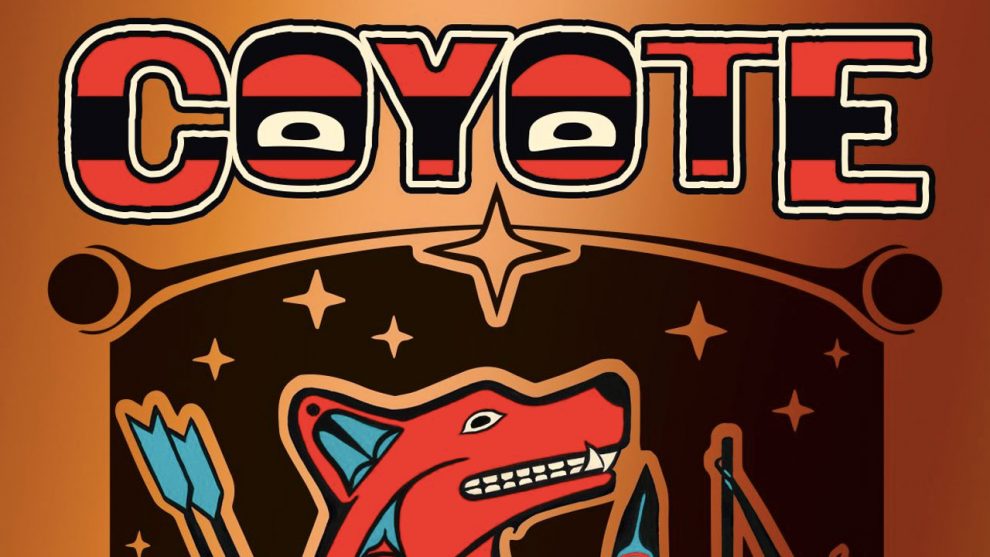

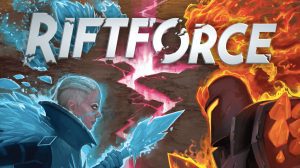
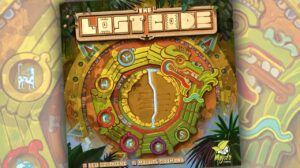
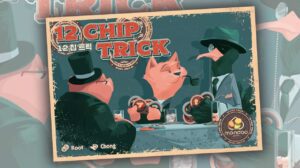





Add Comment